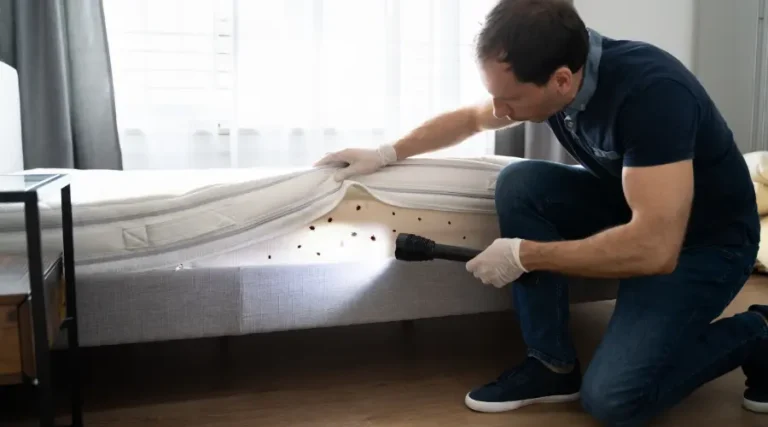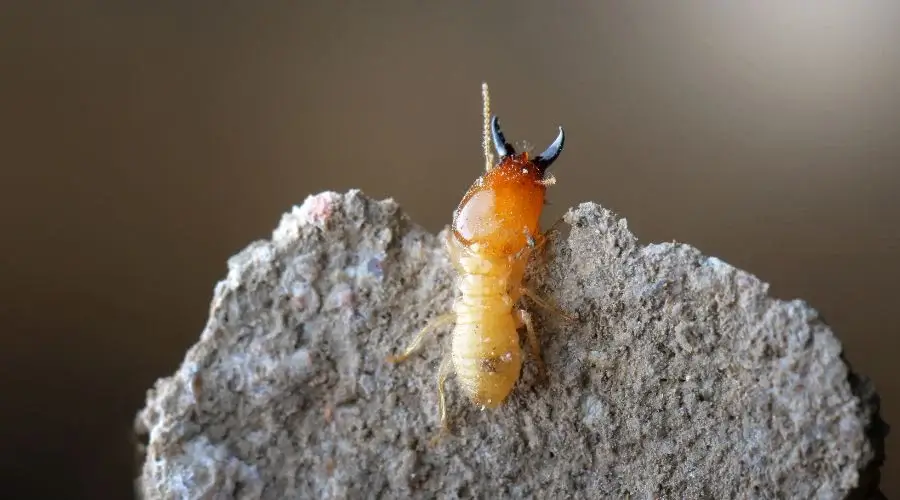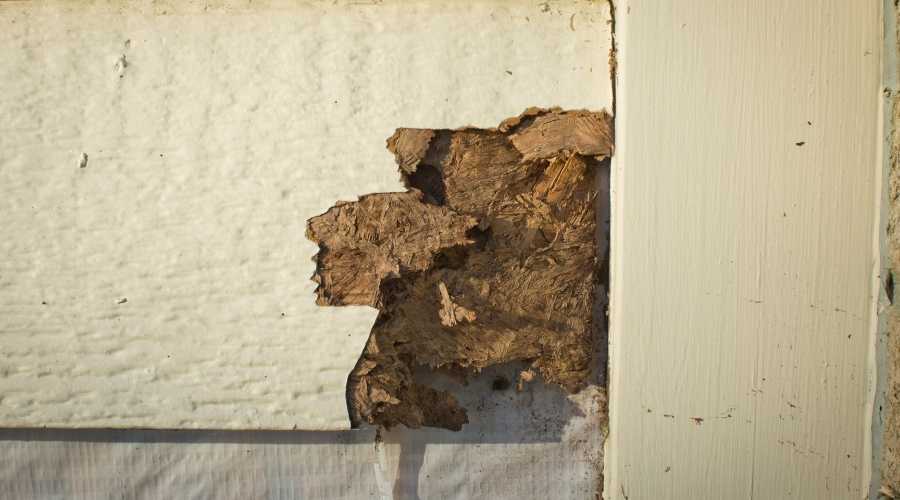Have You Discovered Bed Bugs in Your California Rental? Here’s What You Need to Know
Are you waking up with mysterious bites? Finding tiny rust-colored spots on your mattress? You might be dealing with bed bugs – one of the most frustrating pest problems for both landlords and tenants in California.
Bed bug infestations can quickly transform from a minor nuisance into a major headache, causing sleepless nights, emotional distress, and potentially thousands of dollars in treatment costs. But when these blood-feeding pests invade a rental property, who’s actually responsible for getting rid of them?
In this comprehensive guide, we’ll clarify the legal responsibilities of both landlords and tenants in California when it comes to bed bug infestations. We’ll answer crucial questions like:
- Who’s legally required to pay for bed bug extermination?
- When might tenants be financially responsible for treatment?
- What steps should both parties take when bed bugs are discovered?
- How can you choose the right professional exterminator?
California Law on Bed Bug Responsibilities for Landlords
In California, landlords have significant legal obligations when it comes to bed bug infestations. These responsibilities stem from California’s “implied warranty of habitability,” which requires landlords to maintain properties that are safe and livable.
Key Landlord Responsibilities Include:
- Regular Inspections: Landlords must inspect rental units before new tenants move in and periodically throughout the lease term to detect bed bug issues early.
- Prompt Response: When tenants report potential bed bug problems, landlords must investigate quickly and take immediate action if an infestation is confirmed.
- Mandatory Disclosure: California law requires landlords to inform prospective tenants about any history of bed bug infestations in the property or building. This transparency helps tenants make informed rental decisions.
- Professional Treatment: Landlords typically must hire and pay for licensed pest control professionals to eradicate bed bug infestations completely.
- Follow-Up Treatments: Bed bugs often require multiple treatment sessions. Landlords are responsible for ensuring the full treatment protocol is followed, including necessary follow-up visits.
Who Pays for Bed Bug Treatment in California?
The financial burden of bed bug treatment typically falls on the landlord’s shoulders. Since maintaining a pest-free environment is part of providing a habitable living space, landlords generally must cover all costs associated with bed bug extermination.
When a tenant reports bed bugs, the standard process includes:
- The landlord arranges inspection by a qualified pest control professional
- If bed bugs are confirmed, the landlord schedules and pays for treatment
- All necessary follow-up visits are coordinated and funded by the landlord
However, there are exceptions to this general rule that every California tenant should understand.
When Might Tenants Be Responsible for Bed Bug Costs?
While landlords typically bear the financial responsibility for bed bug treatments, there are specific circumstances where tenants may become liable for these expenses:
1. Failure to Report Promptly
If tenants discover bed bugs but delay reporting the problem, allowing the infestation to grow significantly worse, they might share responsibility for the increased treatment costs. Early detection and reporting are crucial for:
- Minimizing treatment expenses
- Preventing spread to neighboring units
- Reducing property damage
- Limiting personal property losses
2. Tenant-Caused Infestations
If evidence clearly shows that the tenant introduced the bed bugs to the property, they might be held financially responsible. Common scenarios include:
- ✓ Bringing in infested secondhand furniture
- ✓ Returning from travel with bed bugs in luggage
- ✓ Transferring bed bugs from another infested location
However, landlords face a high burden of proof in establishing tenant fault, as bed bugs can enter properties through various means beyond tenant control.
3. Non-Compliance with Treatment Protocols
Successful bed bug elimination requires tenant cooperation. If tenants fail to:
- Properly prepare their unit for treatment as instructed
- Allow access for scheduled treatment appointments
- Follow post-treatment guidelines
They may be responsible for additional costs resulting from failed treatments or reinfestation.
Steps Tenants Should Take When Discovering Bed Bugs
If you suspect bed bugs in your California rental, taking the right steps immediately can protect both your rights and your well-being:
- Document Everything: Take clear photos of bed bugs, bites, and any evidence like blood spots on bedding or furniture.
- Report Immediately: Notify your landlord in writing (email or certified letter) about the suspected infestation, keeping copies of all communications.
- Limit Spread: Avoid moving items between rooms, and don’t dispose of furniture without professional advice, as this can spread the infestation.
- Prepare for Inspection: Make your unit accessible for the pest control professional to conduct a thorough inspection.
- Follow Instructions: Comply with all preparation guidelines provided by the exterminator, which may include laundering bedding, clearing clutter, and vacuuming.
Choosing a Professional Bed Bug Exterminator
Whether you’re a landlord arranging treatment or a tenant verifying your landlord’s choice, knowing what makes a qualified bed bug exterminator is essential. Here’s what to look for:
Essential Qualifications:
- Specialized Experience: The exterminator should have specific experience treating bed bug infestations, not just general pest control.
- Proper Licensing: Verify they hold current California pest control operator licenses.
- Comprehensive Inspection: They should conduct a thorough inspection before proposing any treatment plan.
Effective Treatment Approaches:
- Integrated Pest Management (IPM): Look for exterminators who use IPM approaches that combine multiple treatment methods for maximum effectiveness.
- Heat Treatments: Professional heat treatment reaches temperatures that kill bed bugs at all life stages without harmful chemicals.
- Targeted Chemical Applications: When necessary, professionals should use EPA-registered products specifically designed for bed bug control.
- Multiple Treatment Strategy: Be wary of any exterminator promising complete elimination in a single visit, as bed bugs typically require follow-up treatments.
Customer Protection:
- Written Estimates: Get detailed, written cost estimates that specify exactly what services are included.
- Treatment Warranty: Reputable companies offer warranties guaranteeing their work for a specific period.
- Follow-up Inspections: The treatment plan should include follow-up visits to confirm complete elimination.
Prevention Tips for California Renters and Landlords
For Tenants:
- Inspect used furniture thoroughly before bringing it into your home
- Use protective mattress and box spring encasements
- Reduce clutter to eliminate hiding spots
- Be vigilant when traveling, inspecting hotel rooms and keeping luggage off the floor
- Immediately report any signs of bed bugs to your landlord
For Landlords:
- Conduct thorough inspections between tenants
- Consider preventive treatments in multi-unit properties where infestations have occurred
- Provide educational materials to tenants about bed bug identification and prevention
- Respond quickly to tenant reports of possible infestations
- Maintain detailed records of all pest control treatments
Conclusion: Working Together Against Bed Bugs
Bed bug infestations represent a significant challenge for both California landlords and tenants. While legal responsibilities primarily fall on landlords, successful eradication requires cooperation from both parties.
Understanding your rights and responsibilities creates a foundation for effectively addressing these persistent pests. By working together, maintaining open communication, and engaging qualified professionals, landlords and tenants can successfully overcome bed bug problems and restore comfortable, pest-free living environments.
When facing a bed bug infestation, professional help makes all the difference between temporary relief and permanent elimination. Don’t attempt to solve a bed bug problem alone – expert intervention is your best path to a bed bug-free home.
Ready to Eliminate Your Bed Bug Problem?
Escondido Pest Control has been the trusted full-service pest control company for residential and commercial clients throughout the Escondido community. As a locally owned and well-established business, we specialize in effective bed bug elimination using the latest techniques and environmentally responsible methods.
Don’t let bed bugs rob you of another night’s sleep. Contact Escondido Pest Control today at (619) 900-6771 for a thorough inspection and customized treatment plan.





